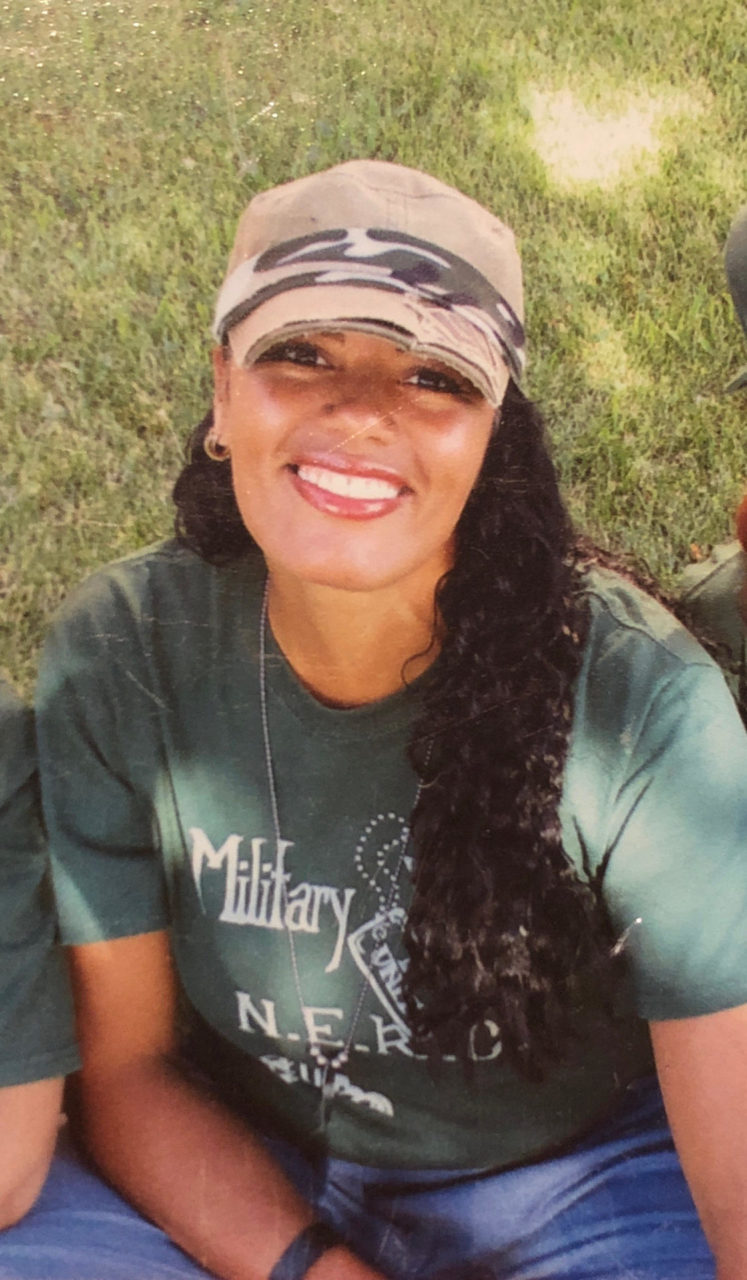Giving youth a second chance with books, not bars

At 18, on the brink of adulthood, Tyra Patterson was sentenced to 43 years in prison.
“It was devastating,” she said. “I felt like the system had already failed me.”
Though Tyra was technically an adult, her childhood had already been stolen from her. Like other people who entered the system at a young age, Tyra’s incarceration was a result of other systems and institutions that failed to support her.
When Tyra was 11, she stopped going to school because she and her family were homeless. “How can someone focus on math when they’re starving to death?” She was a child, and her priorities became about making sure her and her siblings could survive, and had food to eat. But, no one seemed to notice when she stopped going to school.
“No one stepped in,” Tyra said, noting that her parents were never contacted and no school official or truancy officer reached out to find out why an 11-year-old girl had stopped going to school.
Tyra felt the weight of her loss of education when she went to prison in 1995, charged with murder for a crime she did not commit. She felt she’d been robbed of her first chance to succeed, didn’t know her rights, and couldn’t help but think that had she made it through high school instead of being funneled through different systems, she would have had a different outcome.
“I didn’t know how to become a young lady, I learned about tampons in prison,” Tyra said. “I would have wanted a home or an apartment to live in instead of someone’s basement and attic.”
While in prison, Tyra committed to giving herself the education that was taken from her. She embarked on the process of getting her GED, starting from grade school and worked her way up to earning her certificate, becoming a certified tutor, and eventually, a paralegal at the Ohio Justice and Policy Center.
In 2017, Tyra was granted parole and went home on Christmas Day of that year after more than two decades in prison.
“I didn’t even have my first chance,” Tyra said. “My first chance was when someone elevated my story and fought to bring me home.”
Now a leader in the justice reform movement, Tyra advocates for other youth and folks like her who have lost opportunities and futures they deserved. That’s why Ohio’s SB 256 — which is up for a vote in the Ohio state senate — is so important to her. She even testified before the Ohio state senate about the bill.
If passed, SB 256 would end the practice of sentencing children to life without the possibility of parole.
Not only would the bill recognize the profound capacity young people have to change and evolve, but it closes the disparity around which young people are allowed to make mistakes, and which young people are penalized more harshly. Young people of color makeup 81 percent of the total population of incarcerated young people in the United States.
“Immaturity diminishes culpability of a juvenile — they’re still kids,” Tyra said, citing scores of studies on adolescent brain development. “Growing up you make bad choices, but you’re growing.”
And those choices have context. Many system-impacted youth have experienced abuse, trauma and like Tyra, have been failed by other systems.
“It doesn’t take 10 or 20 years to realize someone made a mistake,” Tyra said. “It is about redemption, it is about transformation. Once they have the right programs, and resources that they can enter into it doesn’t take that long to change.”
For Tyra, the answer lies in education. “If we can mandate prison, we can mandate education for our juveniles,” she said.
More than anything, Tyra says she wishes she would have had an opportunity to stay in school. “I would have wanted my teachers to care about me enough and know I was missing,” She said. “ I am teachable, and they threw me away.”
